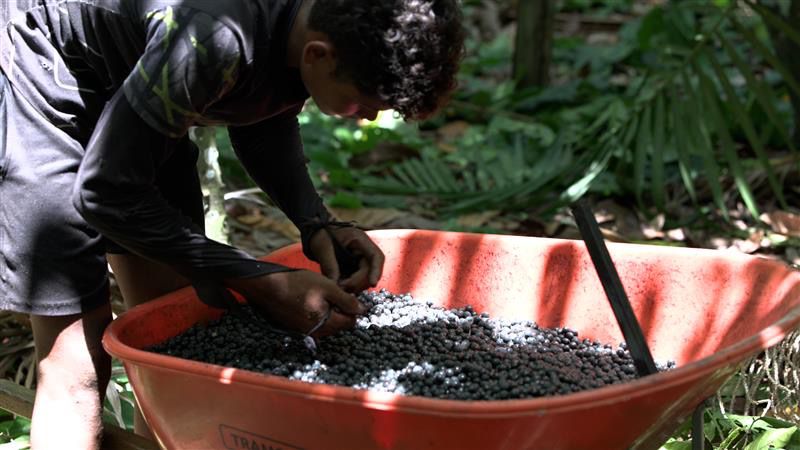Populations of the Amazon and Atlantic Forest to Receive Over R$2 Billion in Funding for Sustainable Supply Chains

Populations in Brazil’s Amazon and Atlantic Forest regions will gain access to R$2 billion in financing for initiatives tied to the sociobioeconomy—a model that merges environmental conservation, traditional knowledge, and social inclusion. Of this total, 3,500 families from traditional communities are expected to benefit, with a credit potential of R$200 million.
The credit initiative is part of Banco do Brasil’s Bioeconomy Financial Hub (BB), which already operates branches in Manaus (AM), Belém (PA), and Ilhéus (BA), serving communities across Brazil. The Northern Hub serves the entire Legal Amazon region, while the Northeastern Hub supports communities in the Atlantic Forest biome. All units are expected to reach R$5 billion in financing by 2030.
The hubs offer both in-person and digital services, technical assistance, and financial solutions tailored to local needs. Specialized credit agents will work directly with traditional communities, promoting financial education and productive inclusion.
The initiative will be among Banco do Brasil’s highlights at COP30 in Belém (PA), featured at side events and showcased at the bank’s booth in the Green Zone.
The efforts align with the National Bioeconomy Development Plan (PNDBio), coordinated by the Ministry of the Environment and Climate Change (MMA). The sociobioeconomy is one of the plan’s key pillars, aiming to integrate traditional communities, Indigenous peoples, family farmers, women, and youth into sustainable value chains.
Other efforts
Under an agreement with the Inter-American Development Bank (IDB) and the Green Climate Fund (GCF), Banco do Brasil will allocate US$250 million to the BB Amazon Program. The initiative aims to expand access to credit for up to 11,700 local ventures, including cooperatives, family farmers, and women-led businesses.
According to José Ricardo Sasseron, Vice President of Government Business and Corporate Sustainability at Banco do Brasil, the institution actively seeks out riverside, extractivist, and Indigenous communities. “We do not wait for projects to come to the bank – we go to them.”
Banco do Brasil has also partnered with the Climate and Society Institute (iCS) to implement a support program for Indigenous peoples, quilombola communities, and other traditional groups. The initiative promotes sustainable socioeconomic development and values these groups’ cultural heritage by fostering the commercialization of sociobioeconomy products—such as handicrafts—and developing projects for restoring degraded lands.
Translation: Michel Emmanuel Félix François (POET/UFC)
Proofreading: Tadeu Azevedo (POET/UFC)
